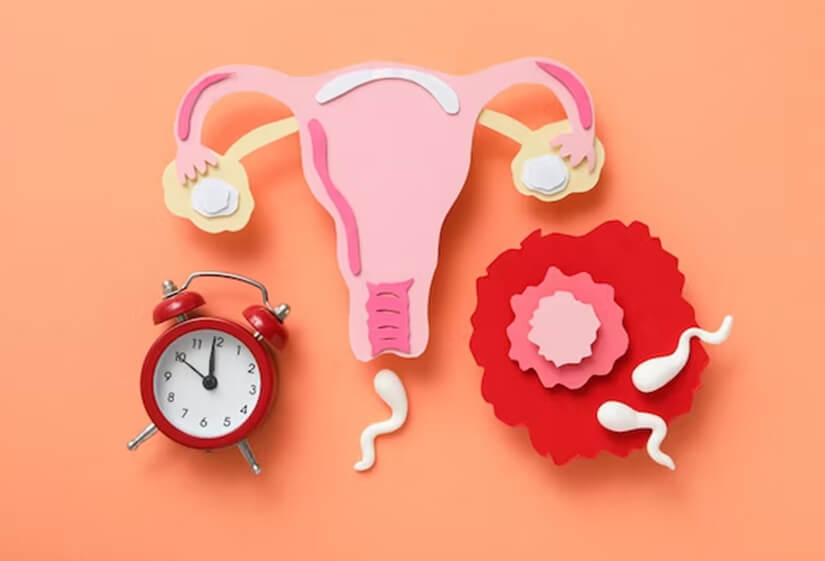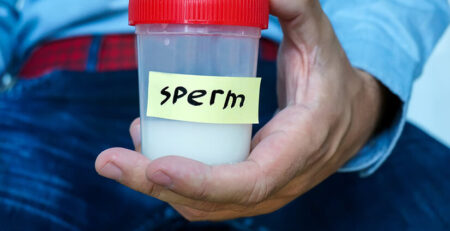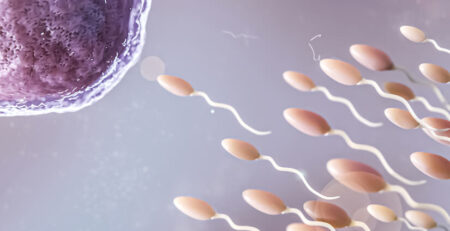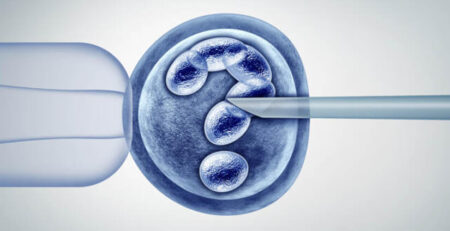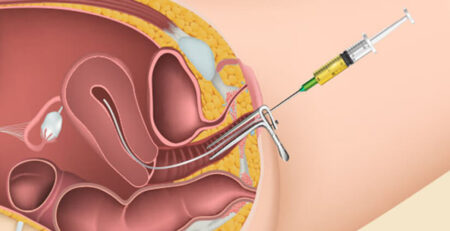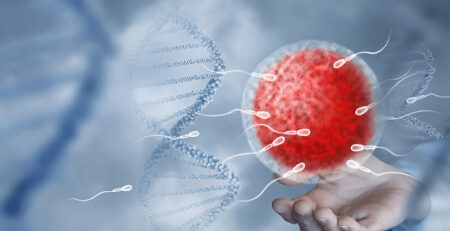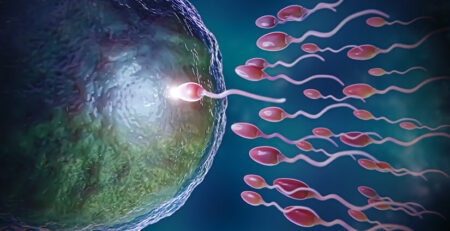How Many Days After Your Period Do You Ovulate?
Understanding your fertile period is so important for every woman when trying to conceive. You might often wonder, “How many days after your period do you ovulate?”
This question is essential for planning pregnancy and understanding your reproductive health.
Here are the details to bring a comprehensive understanding.
The Basics of the Menstrual Cycle
The menstrual cycle typically spans around 28 days, though it can vary from woman to woman. Day one of the cycle is marked by the first day of your period. The fertile period usually occurs around the middle of this cycle, during ovulation. Ovulation is the process when an egg is released from the ovary, ready to be fertilised. Understanding this cycle is vital for identifying your fertile period and planning conception.
Calculating Ovulation Day
Ovulation generally happens about 14 days before your next period starts. For a woman with a 28-day cycle, ovulation typically occurs around day 14. However, if your cycle is longer or shorter, adjustments need to be made. For example:
- If your cycle is 30 days, ovulation might occur around day 16.
- If your cycle is 26 days, ovulation might occur around day 12.
Why Does Cycle Length Matter?
Cycle length matters because it affects the timing of your ovulation. A longer cycle means ovulation happens later, while a shorter cycle means it occurs earlier. Knowing your cycle length helps in predicting your ovulation day more accurately.
Signs of Ovulation
Several signs can help you identify your ovulation day:
- Change in Cervical Mucus: During ovulation, cervical mucus becomes clear and stretchy, resembling egg whites. This change helps sperm to travel more easily through the cervix.
- Basal Body Temperature: There is a slight increase in basal body temperature during ovulation. By charting your temperature daily, you can detect this small rise.
- Ovulation Pain: Some women experience mild pain or discomfort on one side of the abdomen during ovulation, known as mittelschmerz.
- Increased Libido: A higher sex drive is a common sign of ovulation, a natural boost to increase the chances of conception.
- Breast Tenderness: Some women notice tender breasts around ovulation due to hormonal changes.
- Heightened Senses: You might notice heightened senses of smell, taste, or vision.
Importance of the Fertile Period
The fertile period is when a woman is most likely to conceive. This period includes the days leading up to and immediately following ovulation. Sperm can live inside the female reproductive system for up to five days, so having intercourse during this time increases the chances of the sperm meeting the egg.
How to Maximize Your Chances
To maximise your chances of conception, try to have intercourse every other day during the fertile period. This ensures that healthy sperm are present when ovulation occurs. Using an ovulation predictor kit can also help identify the most fertile days.
Planning for Pregnancy
If you’re planning to conceive, tracking your cycle and identifying your fertile period can significantly enhance your chances. Various methods, such as ovulation predictor kits, basal body temperature charts, and fertility apps, can help you pinpoint your ovulation day. For women with irregular cycles or difficulties in tracking ovulation, consulting with an IVF specialist in Delhi can provide personalised guidance and support.
Fertility Assistance
Sometimes, natural conception can be challenging, and this is where an IVF specialist can help. An IVF specialist can provide treatments and options to assist in conceiving. If you’re struggling to track your fertile period or have been trying to conceive without success, seeking the expertise of an IVF specialist in Delhi is a wise step.
Understanding the Timing of Ovulation
Understanding the timing of ovulation day and identifying your fertile period is essential for anyone trying to conceive. By monitoring the signs of ovulation and knowing your cycle length, you can better plan for pregnancy. However, if you encounter any difficulties, don’t hesitate to reach out to an IVF specialist in Delhi.
The Role of Diet and Lifestyle
A healthy diet and lifestyle play a significant role in enhancing fertility. Consuming a balanced diet rich in vitamins and minerals supports reproductive health. Regular exercise, maintaining a healthy weight, and reducing stress levels also contribute to a healthier menstrual cycle and improved fertility.
Foods That Boost Fertility
Incorporating foods rich in antioxidants, vitamins, and minerals can improve your fertility. Here are some fertility-boosting foods:
- Leafy Greens: Spinach, kale, and other leafy greens are high in folate and iron.
- Berries: Rich in antioxidants, berries can improve egg quality.
- Nuts and Seeds: Almonds, walnuts, and flaxseeds provide essential fatty acids and zinc.
- Whole Grains: Brown rice, quinoa, and oats help regulate insulin levels.
- Lean Proteins: Chicken, fish, and legumes support hormone production.
Technological Aids in Tracking Fertility
Advancements in technology have made tracking fertility easier than ever. Fertility apps, wearable devices, and ovulation predictor kits provide accurate and convenient ways to monitor your fertile period. These tools can track basal body temperature, hormone levels, and other indicators of ovulation, making it simpler to identify your most fertile days.
Emotional and Psychological Support
The journey to conception can be emotionally and psychologically challenging. Support from family, friends, and professional counsellors can make a significant difference. Many IVF clinics in Delhi also offer counselling services to help couples cope with the emotional aspects of fertility treatments.
Tips for Managing Stress
- Practice Mindfulness: Techniques such as meditation and yoga can reduce stress.
- Stay Active: Regular physical activity can improve mood and reduce anxiety.
- Connect with Others: Talking to friends or joining a support group can provide comfort and advice.
- Seek Professional Help: Therapists specialising in fertility issues can offer coping strategies.
The Success Rate of IVF Treatments
IVF treatments have a high success rate, but they vary depending on several factors, including the age of the woman, the quality of the eggs and sperm, and any underlying medical conditions. Consulting with an experienced IVF specialist in Delhi can provide you with realistic expectations and a tailored treatment plan to maximise your chances of success.
Preparing for Your First Infertility Consultation
Before your first consultation with an Infertility specialist, gather all relevant medical records, including previous fertility tests and treatments. Be prepared to discuss your medical history, lifestyle, and any concerns you have about the traetment process. This information will help the specialist develop a comprehensive and effective treatment plan for you.
What to Expect During the Consultation?
During your consultation, the Infertility specialist will:
- Review your medical history and previous treatments.
- Discuss your lifestyle and any factors that might affect fertility.
- Explain the treatment process and answer any questions you have.
- Develop a personalised treatment plan based on your needs.
Taking the First Step Towards Parenthood
For those seeking expert advice and personalised care in their fertility journey, Dr. Rhythm Gupta, a renowned IVF specialist in Delhi, offers comprehensive support and advanced treatments. Understanding the timing of ovulation and identifying your fertile period is essential for anyone trying to conceive. By monitoring the signs of ovulation and knowing your cycle length, you can better plan for pregnancy. However, if you encounter any difficulties, don’t hesitate to reach out to an IVF specialist.
If you’re struggling with fertility and need expert guidance, Dr. Rhythm Gupta, an experienced IVF specialist in Delhi, can provide the personalised care and advanced treatments you need. Contact Dr. Rhythm Gupta today to schedule a consultation and take the first step towards fulfilling your dream of parenthood.

